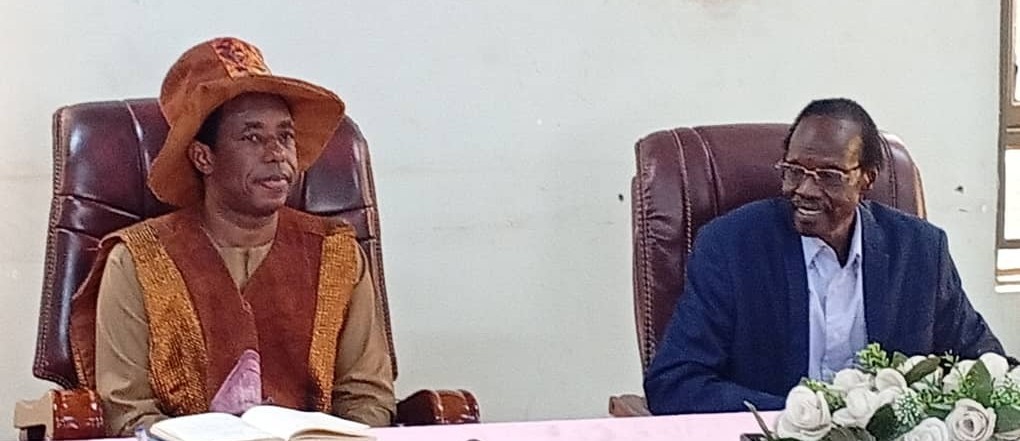
The King of the Azanda Kingdom, Atoroba Peni Rikito Gbudue, has urged South Sudan’s diverse communities to embrace unity and peaceful coexistence, emphasizing the importance of cultural solidarity over political divisions.
During his visit to the Bari Community Centre on Monday, King Gbudue highlighted the unifying power of culture in fostering lasting peace across the country.
“Culture is life, and it must unite us all,” he declared, addressing the gathering in the local language to reinforce the significance of cultural identity. “We, as Azanda, must live in peace and harmony with other tribes.”
South Sudan currently experiences the worst-ever intercommunal violence countrywide. This has not only devastated the community’s livelihoods but exacerbated the already dire humanitarian situation.
While acknowledging that politics can be divisive, the King emphasized culture’s potential to bridge differences. “If we unite, we will achieve lasting peace in our country. Peace comes when we stand together as one people, regardless of our differences.”
Recognizing Azande community in Central Equatoria State, King Gbudue also expressed gratitude to the Bari people for their hospitality.
“We are here to confirm that the Azanda people live peacefully among you in CES. Thank you for your kindness and spirit of peace.”
Addressing concerns about youth safety and community cohesion, the King stressed the need for proactive engagement. “We cannot remain silent when bad things happen to our youth. We are here to meet with community chiefs, explore ways to collaborate, and forge a path toward peaceful coexistence.”
In response, Bari community elder Jeremiah Soka welcomed the King’s message, emphasizing unity across ethnic lines. “We must be one to be strong,” Soka stated. “Our communities need to work together for peace and the future of our country.”
While acknowledging lingering tensions over land, Elder Soka urged collaboration rather than conflict.
“The land may no longer belong solely to us, but peace requires us to join hands and protect our communities together,” he noted. “We want a peace where people can move freely and celebrate without fear.”

